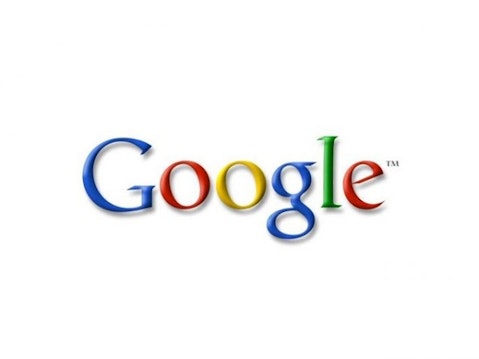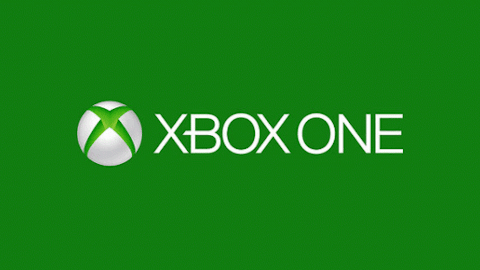Android is the world’s dominant mobile operating system. Last quarter, nearly 80% of the smartphones sold worldwide ran Google Inc (NASDAQ:GOOG)‘s open-source platform. Yet, despite its market share edge, Android continues to lag Apple Inc. (NASDAQ:AAPL)‘s iOS in one key area: software.

China is Android country
Android absolutely dominant in China. Last quarter, it powered roughly 70% of the smartphones sold. And that’s just phones sold in a recent quarter. Back in May, Android passed the 50% installation mark; now, more than half of all existing phones in China run Android.
For comparison, Android’s position in the U.S. is far less dominant. Last quarter, Android accounted for just 52% of the smartphones sold — a majority of the market, no doubt, but not that far ahead of Apple Inc. (NASDAQ:AAPL)’s iOS at 40%. This difference is even less significant when one considers that many Android owners in the U.S. probably use their phones as little more than feature phones — iOS continues to far outpace Android in terms of user engagement.
Thus, if you’re an app developer in the U.S., you’re probably more inclined to go with iOS, at least at first. There are numerous examples of apps that have started off on iOS and only later made their way to Android, including Instagram and Tinder. Electronic Arts‘ new hit mobile game, Plants vs Zombies 2, remains an iOS exclusive for the time being.
But that isn’t the case in China. According to analytics firm Flurry (via Computerworld), Chinese developers build two-thirds of apps used by Chinese smartphone owners — and given Android’s total dominance in China, it isn’t surprisingly that developers favor Android.
Even Android app stores are big business. Back in July, Chinese search giant Baidu bought 91 Wireless — an Android app store — for $1.9 billion.
Made in China, downloaded in the West
One day, China’s love for Android could spill over into the West. Presently, few Westerners use Chinese-developed apps, but that could change. Chinese developers have begun to export to the rest of Southeast Asian, particularly to Korea, Japan and India, according to Flurry.
Could Chinese-developed apps become popular in the U.S.?
If they do, it would terrible for Apple Inc. (NASDAQ:AAPL). Although there are number of reasons to pick an iPhone over an Android-based competitor, a better selection apps is one of the biggest reasons. In terms of hardware, Android has the edge — there are handsets available in every possible size, shape and price-point. Software is where Android still lags.
Google in China
Google Inc (NASDAQ:GOOG) has had a complex relationship with China over the years. After ceasing its operations in the country back in 2010, some may have concluded that the Chinese market was no longer important to the search giant.
But that would be a mistake. Although Google Inc (NASDAQ:GOOG) may not directly benefit from China’s horde of Android smartphones, the longer-term consequences of Android’s dominance in China could be huge. Should Chinese developers ever become a force in the global app community (something analysts at Flurry expect) Android could finally gain the edge over iOS in software.
Given that the app market remains iOS’ primary advantage over Android, a wave of Chinese-developed apps could tip the smartphone balance decidedly in Google Inc (NASDAQ:GOOG)’s favor.
The article How China Could Lift Android Over iOS originally appeared on Fool.com and is written by Sam Mattera.
Sam Mattera has no position in any stocks mentioned. The Motley Fool recommends Apple, Baidu, and Google. The Motley Fool owns shares of Apple, Baidu, and Google.
Copyright © 1995 – 2013 The Motley Fool, LLC. All rights reserved. The Motley Fool has a disclosure policy.





